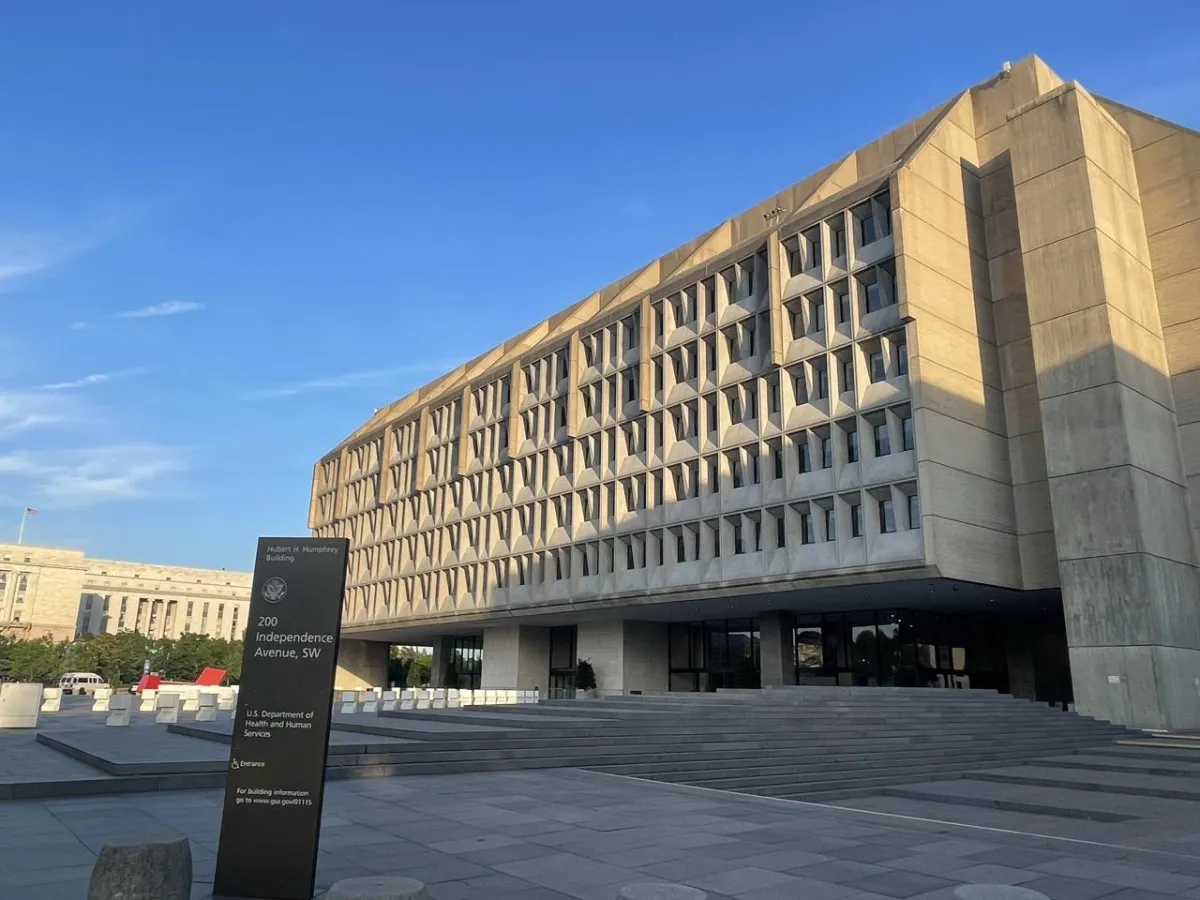
New HHS policy rejects public comment before program and policy changes
Whenever a government agency is making decisions, public input is critical. That input sometimes helps catch unintended consequences and often results in better decisions based on real-world expertise. The public comment period also gives those affected by decisions an opportunity to prepare for any pending changes.
For 54 years, every agency within the U.S. Department of Health and Human Services followed the standards for public review and comment set in the Administrative Procedures Act, a statute enacted in 1946 as the New Deal expanded the role of federal agencies.
But no longer.
Under a directive signed by HHS Secretary Robert F. Kennedy Jr. on March 3, the department will no longer provide a period for the public to submit comments, data, or other input prior to agency actions on "matter(s) relating to agency management or personnel or to public property, loans, grants, benefits, or contracts."
Kennedy's policy switch reverses an endorsement published by Alex Azar, HHS Secretary in the first Trump Administration.
While public comment will still be allowed for changes to Medicare rules and certain other HHS activities, this new policy will allow immediate changes to Medicaid, National Institutes of Health grant programs and other important work. For example, this could accelerate changes to eligibility for Medicaid or an overhaul of NIH funding opportunities.
Even if changes may be appropriate, doing them without notice is going to increase confusion and potentially cause harm -- even if that isn't the intention.

Read more:
Becker's Hospital Review: What the HHS Public Comment Rollback Means for Hospitals
CBS News: RFK Jr. rolls back transparency policy on Medicaid and NIH changes
Photo of U.S. Department of Health and Human Services headquarters by Doug Levy.

